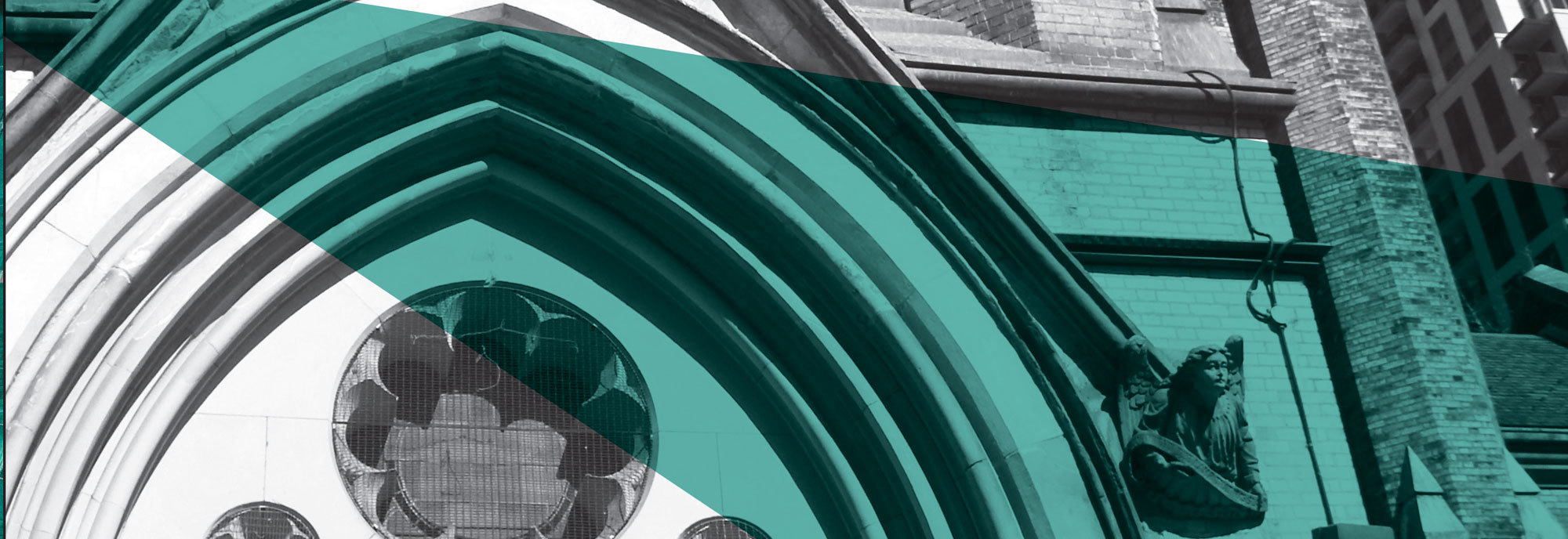A study of the economic effects of 10 Toronto-area religious congregations finds they contribute services valued at more than $45 million to their surrounding communities every year.
The study, Valuing Toronto's Faith Congregations, was published today by Cardus, an Ontario-based public policy think tank.
"This clearly shows that faith-based groups generate substantial and measurable value for local neighbourhoods. And while this initial study looks only at congregations in Toronto, it's reasonable to expect the findings are applicable to congregations across Canada," said Milton Friesen, Senior Fellow and Social Cities Program Director at Cardus.
"The value of religious congregations to the wider community is somewhere in the order of four to five times of a congregation's annual operating budget. For example, if you removed a congregation with a $250,000 annual budget, the very conservative estimates of the study suggest you would need about $1.2 million every year to sustain their economic contribution to the community."
Valuing Toronto's Faith Congregations examined 10 Toronto-area congregations: Portico (Pentecostal), University Presbyterian Church, Taric Islamic Centre, St. Andrew's United Church, Masjid Islamic Centre, All Saints Parish and Community Centre (Anglican), Flemingdon Park Ministries (Anglican), Woodbine Heights Baptist Church, Metropolitan Community Church, and Kingston Road United Church. The research approach and methodology builds on work done by Dr. Ram Cnaan at the University of Pennsylvania's School of Social Policy in 2010 but adapts the methodology for the Canadian experience.
For the Toronto version, researchers examined a matrix of 41 common economic and market measures broken into seven categories: open space, direct spending, education, magnet effect, individual impacts, community development, and social capital and care. Alongside clear direct spending such as operational budgets and capital projects, and the magnet effect which looks at money spent in a community by congregation members or others attending events (services, weddings, funerals) held at the congregation site, the study dug into other specific, less tangible variables such as availability of garden plots, children's play structures, playing fields, parking, nursery schools and day cares, assistance to refugees and new immigrants, treating substance abuse, youth programs, counselling, housing initiatives, social programs, and volunteerism.
"We used established economic indicators such as those used in placing a value on a local hockey tournament. We wanted to know what would happen if a local congregation and all the economic and quality of life contributions it represented suddenly disappeared. What we found was that the loss to the community would be considerable," Friesen said.
The study concludes that far from being a drain on local municipalities, faith-based congregations provide critical support for existing municipal investments and are an essential part of healthy, functioning communities.
"This is not simply an evaluation of the fixed worth of the respective churches; it's the early development of a tool that can identify what may have been previously hidden economic contributions made by local faith communities. This will help city planners and elected officials when it comes to making decisions on land use development and civic expenditures; they can eliminate duplication of services and seek more creative partnerships with faith communities and other institutions to better serve all community residents," Friesen said.
This is the first in a series of studies to measure the value provided by faith-based congregations. In Phase 2 of the project, Cardus will expand the study to include 50 faith-based groups across the Greater Toronto Area.
Free copies of the report are available: http://www.haloproject.ca
--30--
Media Contact:
Milton Friesen
Cardus Program Director, Social Cities
Phone: 905-528-8866 x124
Cell: 289-880-2200
mfriesen@cardus.ca


